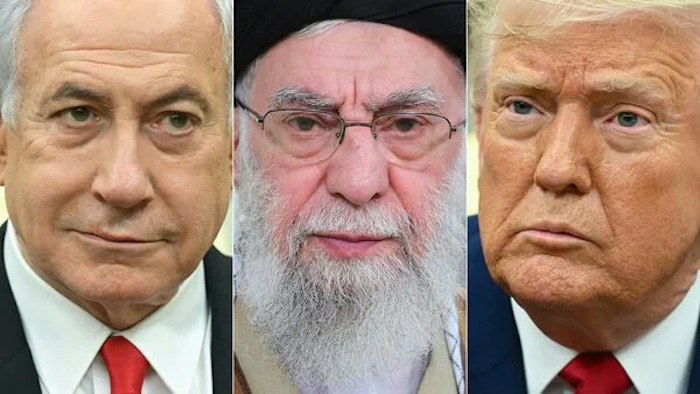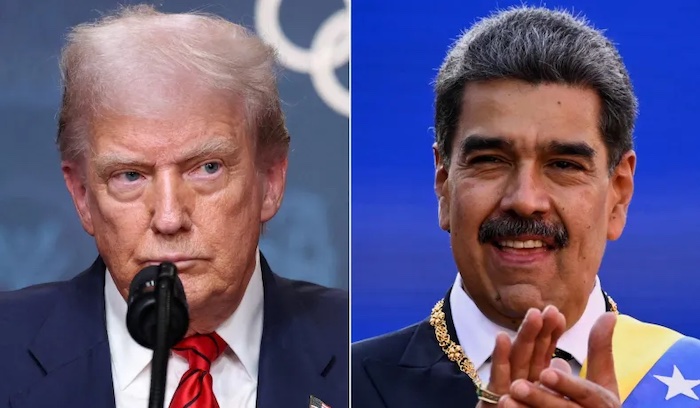Oil prices tumbled by as much as 6 per cent on Tuesday after Israel agreed to a ceasefire with Iran after nearly two weeks of conflict, in a peace deal for which US President, Donald Trump, has claimed credit.
Brent crude, the international benchmark for oil prices, fell to $67.29 a barrel after hitting almost $80 earlier, even though Iran and Israel accused each other of violating the ceasefire within hours.
Prices had spiked in recent days as concerns grew that Tehran could disrupt global supplies by blockading the Strait of Hormuz, a key shipping route for oil and gas. Stock markets in the US, the UK and Europe rose and held steady after Trump told Israel on social media not to drop bombs after it accused Iran of breaching the ceasefire.
However, the situation remains a mixed bag for Nigeria. While it is expected to slash the federal government’s earnings from export of crude oil, it will also lead to reduced petrol prices in Nigeria. For ordinary Nigerians, cheaper fuel means reduced transportation costs, which in turn lowers the price of food and other essential goods.
This can help slow inflation, especially in a country where logistics costs are deeply embedded in the pricing of everyday commodities. For small and medium enterprises, lower fuel prices improve profit margins and operational efficiency, allowing for expansion or job creation in sectors like retail, logistics, and informal trade.
Already, the Dangote Refinery and the Nigerian National Petroleum Company Limited (NNPC) had raised petrol prices, sending a strong signal across the country’s energy and economic landscape.
At the core of the price hike were a mix of global and local factors. Rising international crude oil prices, driven in part by geopolitical tensions in the Middle East, increased the cost of feedstock for refineries. Dangote, which supplements domestic crude with imports, responded by passing those added costs downstream.
The deregulated nature of Nigeria’s fuel market also meant that other players, including NNPC and private marketers, had little choice but to match the new pricing structure or risk unsustainable losses.
But just hours earlier, Trump had declared the ceasefire was “now in effect”, after which Israel confirmed that it had agreed to the move. Oil prices had soared to as much as $81 a barrel since the missile strikes began, stoking fears that the cost of living could increase as petrol, diesel and business expenses grew.
The fall in prices narrowed as Israel claimed that Iran had violated the ceasefire after accusing Tehran of launching a missile strike. Stock markets in the US opened higher. The S&P 500 and the Dow Jones Industrial Average were ahead nearly 0.9 per cent while the Nasdaq rose by more than 1 per cent.
The Middle East conflict had pushed global energy prices higher, which if sustained would have a knock-on effect on energy bills and petrol prices.
Last Monday, Iran had launched missiles at a US military base in Qatar in retaliation for American strikes against Iran’s nuclear sites. The recent rises in oil prices had led to fears that increased energy costs could make everything – from petrol and food to holidays – more expensive around the world.
But the ceasefire remains on shaky ground with Trump accusing both Israel and Iran of violating it just hours after it was announced. Brent was on track for its lowest settlement since June 10 and WTI for its lowest since June 6, both before Israel launched a surprise attack on key Iranian military and nuclear facilities on June 13.
On Monday, both oil contracts settled more than 7 per cent down. They had rallied to five-month highs after the US attacked Iran’s nuclear facilities over the weekend.
Emmanuel Addeh
The post Oil Prices Plunge as Israel and Iran Agree To Trump-Brokered Ceasefire appeared first on Arise News.





